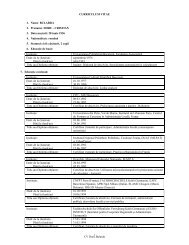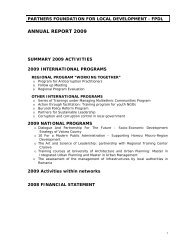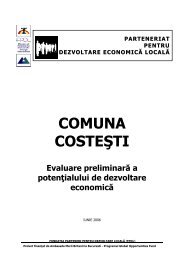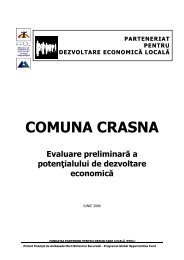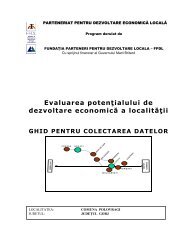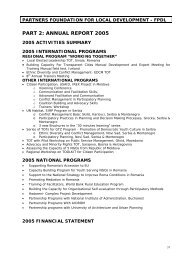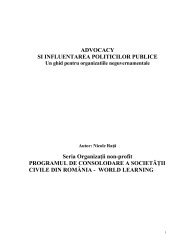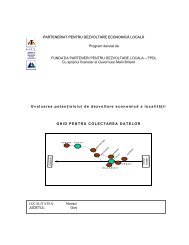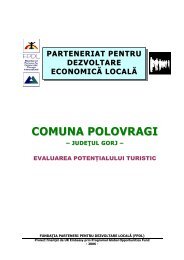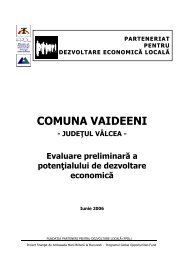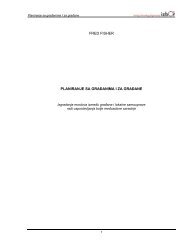Organizational Development: A Manual for Managers and ... - FPDL
Organizational Development: A Manual for Managers and ... - FPDL
Organizational Development: A Manual for Managers and ... - FPDL
You also want an ePaper? Increase the reach of your titles
YUMPU automatically turns print PDFs into web optimized ePapers that Google loves.
Picture 10. The games we play.<br />
The games may happen, <strong>and</strong> in fact are taking place, among any subjects – individuals, groups, or<br />
organizations. The basic principles are the same. To ensure the survival <strong>and</strong> success of the<br />
organization, a manager should control all the games that the organization plays with other<br />
organizations, with clients or partners in its environment, <strong>and</strong> which individuals in organizations<br />
play among themselves.<br />
Playing games is fun, but may cost a lot. The uncertainty <strong>and</strong> unpredictability of the future is<br />
always present. To be able to react to a new <strong>and</strong> unexpected change in circumstances any subject<br />
needs to be free of restrictions that playing games may impose on it. It needs to be free, <strong>and</strong> wants<br />
to be free, even more so in a less predictable or new environment. This is the instinct of freedom.<br />
To be your own master is very nice. However, when others are also free - from your influence – it<br />
is definitely risky. It does not allow control over their behaviour in a way that would bring better<br />
results to you. It does not even allow you to predict their behaviour <strong>and</strong> make your own<br />
corresponding choices. That is very risky. It is much better <strong>for</strong> anyone if he is free, but with others<br />
depending on him. That would be ideal. Many used to strive <strong>for</strong> this <strong>and</strong> still yearn <strong>for</strong> this.<br />
Total freedom <strong>for</strong> everyone is a disaster, because nobody takes others into account or coordinates<br />
his behaviour with others. At the end of the days, it very much complicates survival of an entity as<br />
a whole <strong>and</strong> <strong>for</strong> every element taken individually.<br />
Total interdependence <strong>and</strong> inter-predictability is also bad, because stochastic nature is always<br />
present <strong>and</strong> its unpredictable moves may make a totally controlled arrangement absurd. The<br />
arrangement may need to be changed immediately, but not be able to do so. Once more, this is<br />
also bad <strong>for</strong> survival, both <strong>for</strong> the entity <strong>and</strong> <strong>for</strong> everyone in it.<br />
Those who love freedom most of all are ‘heroes’, because they change the world. That is very<br />
romantic, providing there is somebody – a conservator who is able to keep the world in order. The<br />
latter is very practical. Both are needed. Heroes are needed <strong>for</strong> a while, when the time <strong>for</strong> change<br />
is approaching. Conservators are needed <strong>for</strong> the longer term, be<strong>for</strong>e the next change is inevitable.<br />
‘Heroes’ use their power to <strong>for</strong>ce others to change the given order. Conservators use their power<br />
to eliminate ‘heroes’ in order to keep things in order. This is a good example of co-operation.<br />
Nature is extremely inventive.<br />
63



